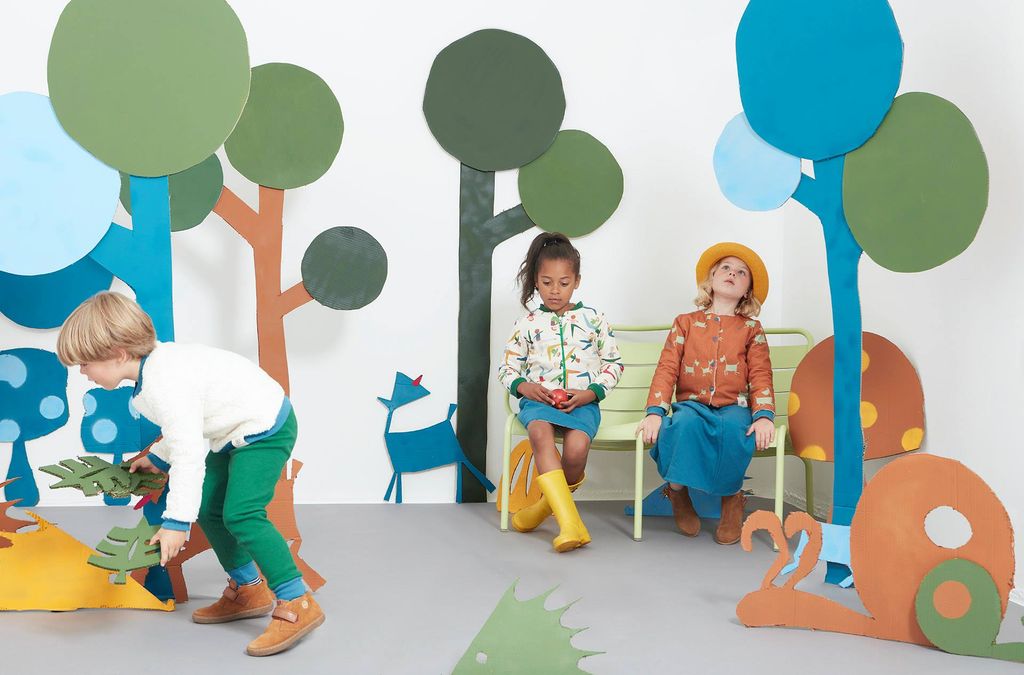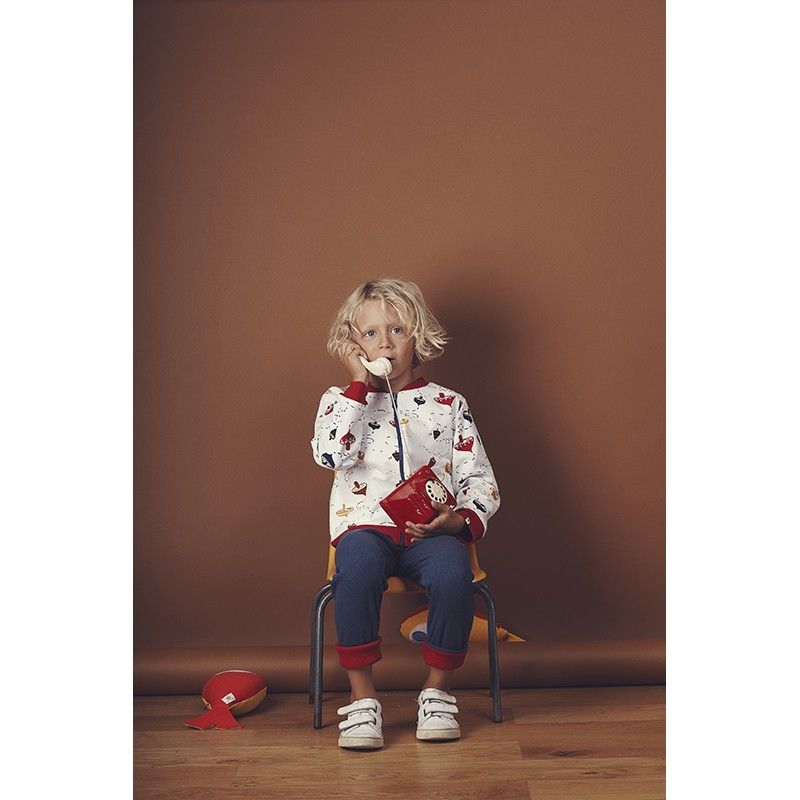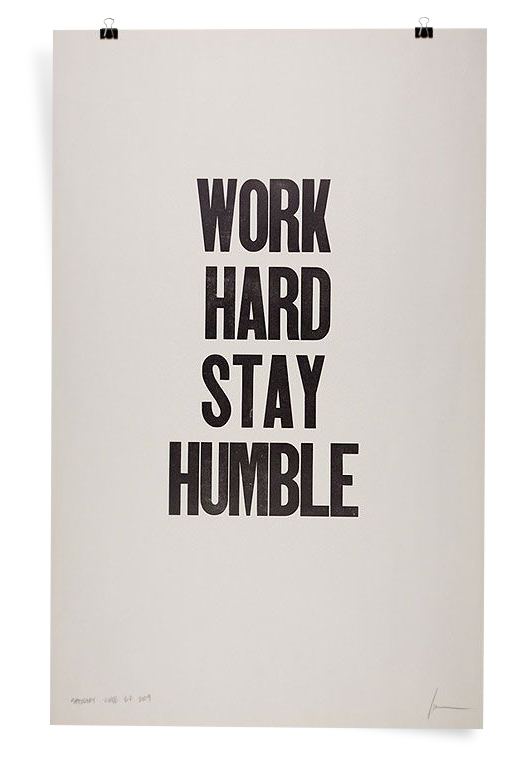
Specialised in retail and digital communication, this agency, coordinated by a duo of entrepreneurs, advises brands and fashion designers. A meeting with Marie Soudré-Richard and Hélène Guerret, cofounders of Le Collectif Paris.
Le Collectif: it’s certainly not an anodyne name. Why did you choose it?
Hélène Guerret: Before founding our agency, Marie and I both worked for major brands. We were aware that each designer and label has their own challenges they face. Hence, the need to create a panel of experts in style, retail, production, digital strategy, etc.
Marie Soudré-Richart: Straight away, we wanted to position ourselves alongside the consumer, rather than limiting ourselves to a single customer profile. The objective of each coaching is to entrench the activity of the brand or the project in the fashion sector.
It’s a sector that is also in upheaval. What advice would you give to a designer or brand that is just starting out?
H.G: Nowadays, every brand is digital. The question is therefore no longer to determine the relevance of a digital strategy. Brands have to think in terms of Corporate Social Responsibilities (CSR). Before, brands needed a good style positioning. Today, it is essential that they reflect on their real calling, the message they want to convey.
M.S.R: Who could still be content with ‘wanting to dress all woman’? No one. Today a brand must identify its goals: relocating production, positioning itself as inclusive, becoming the ‘top’ employer in its region, adopting an innovative and proactive environmental policy. The marketing argument is secondary. What counts is proving that the brand’s engagements, whatever they are, are fulfilled. Before proving this to its clients, the brand must be credible to its collaborators. The recent Covid-19 crisis clearly shows that if promises are not followed by clear actions, increasingly wary consumers will distance themselves from the product or label.

Is it harder than before to launch and especially entrench a brand?
H.G.: Seeing the declining market, one could argue this, but I think on the contrary our current reality is making things more interesting. Before, the abundance of products could give rise to a certain disgust. Today, we find ourselves in the presence of brands who, to continue to exist, are giving meaning to their approach. Take the example of Patagonia. This brand is not only very dynamic in the ‘outdoors’ arena, but is also acting to protect the environment by involving its collaborators in every project.
What is your perspective on the Belgian brands that you have coached these past years.
M.S.R: For the smaller brands, we notice that they generally arise from a good initial intuition, but often struggle because of a lack of structure. If we take the case of the Belgian project ‘Bonjour Maurice’ that we coached in partnership with WBDM, we got the founders to express their intentions and to position themselves with their competitors. For the brand ‘Filles à Papa’, which was more established but still very niche, our objective was to help during a pivotal moment of their journey, when they wanted to broaden their offer in order to grow, but without losing their DNA.

Speaking of growing, you work a lot in raising funds. There as well, the mentality and practices have changed a lot.
H.G.: Certain brands, whether because they are multidisciplinary or they work with specialised external collaborators in the domains where they themselves lack knowledge, have real growth potential, even if they are ‘niche’ products. This is the case with ‘Bonjour Maurice’. At a precise moment in their journey, they need investors in order to make their projects sustainable. A brand that does not look at growth from a global perspective by integrating production processes, but also by transforming the products, has no reason for being. This reality requires the creation of new tools that can support eco-circularity. “Bonjour Maurice’ had the good idea to go on the crowdfunding website lita.co, which focusses on brands with a social, societal or environmental calling. This got the brand in touch with investors that share their values. For us, that’s where the real challenge is.
